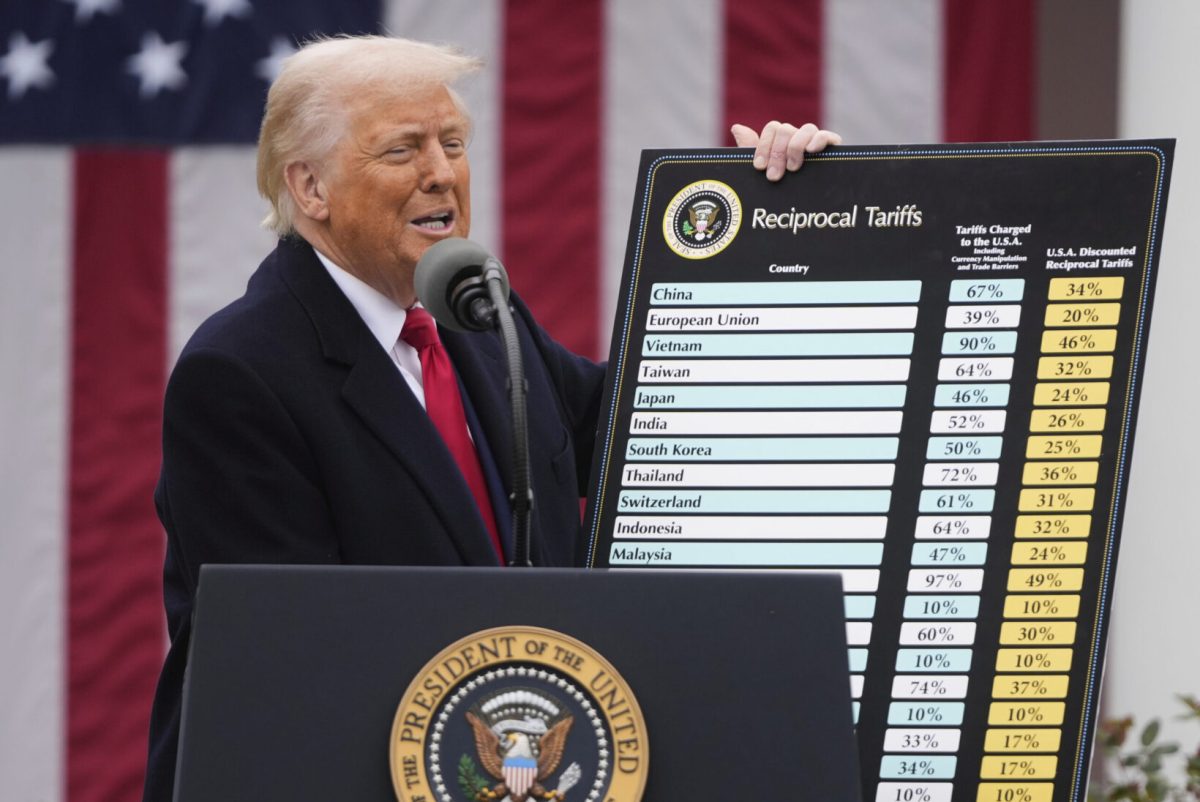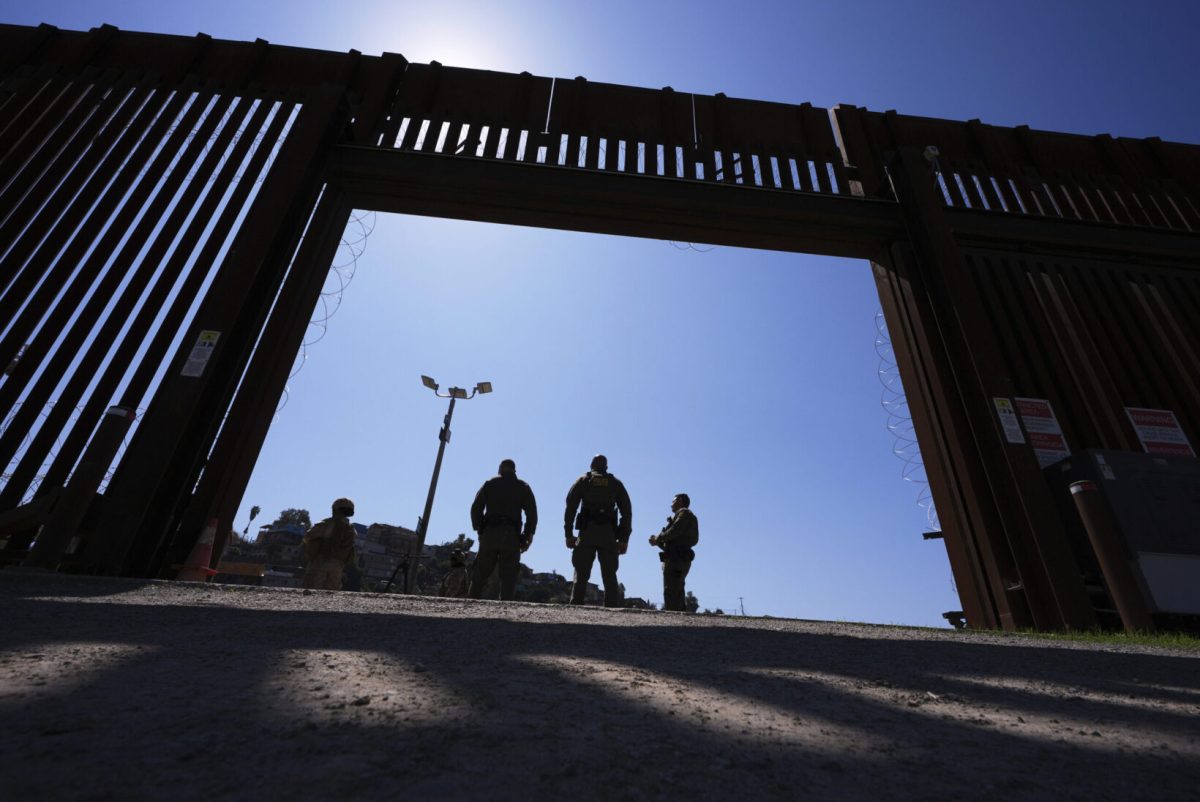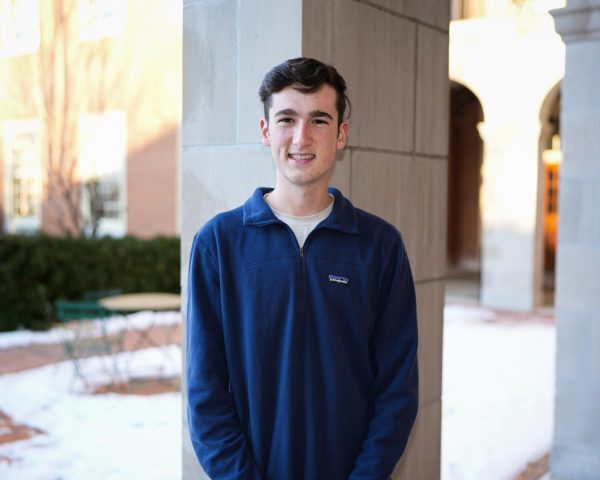A high-stakes battle over a number of issues including voting rights, abortion access, and education funding is heading to the ballot. But it’s not happening at the top of the ticket.
This year, the N.C. The Supreme Court election is between Democrat Allison Riggs and Republican Jefferson Griffin. Riggs was appointed to the State Supreme Court by Governor Roy Cooper in 2023 and Griffin is a judge seated on the North Carolina Court of Appeals.
Ever since Republicans swept judicial elections in 2022, locking in a 5-2 majority in North Carolina’s highest court — which is uniquely partisan — they’ve been able to redefine key laws on voter ID requirements for elections.
North Carolina became the first state in nearly 100 years to make Supreme Court races partisan in 2016 — in response to Democrat Mike Morgans’ upset against Republican incumbent Bob Edmunds.
Some proponents of partisan judicial elections say elected judges are better at providing service to the voters — like politicians. Others say appointed judges are more focused on their legacy in crafting historic opinions, making elected judges better to provide for the average citizen, according to a paper published by the University of Chicago Law School.
However, opponents of this policy suggest that judicial races have simply become “increasingly political and partisan.” They argue that, in states with partisan judicial elections, judges will not be able to “avoid political biases when they sit in the courtroom,” according to a paper published by the Brennan Center for Justice.
Both Riggs and Griffin have raised upwards of $1 million, with Griffin in a slight fundraising lead, but they are, in reality, tied in state-wide polls. A YouGov poll commissioned by the Progressive organization Carolina Forward showed Riggs in the lead by one point, while the conservative Carolina Journal, which commissioned a Cygnal poll, previously showed Griffin with a 3-point lead. Now, Riggs has a 3-point lead in a recent September poll. However, both leads are within the margin of error.
Unlike recent judicial races with the possibility of reversing partisan majorities, this election is likely to attract less attention because Republicans don’t have much to lose and Democrats don’t have much to gain. But, Democrats must keep Riggs’s seat this year — and fellow Democrat Anita Earl’s seat in 2026 — if they want a chance at regaining their majority in 2028. Incumbent Democrats have failed since 2018 to do this crucial feat, causing many losses in every level of the North Carolina judiciary.
Griffin is a self-proclaimed “constitutional originalist,” meaning he interprets the law as it is written, regardless of modern context. In an interview, he said, “we need jurists who are committed to the rule of law, who are committed to judicial restraint, who are committed to interpreting the law, not making the law from the bench.”
Griffin has attempted to paint his opponent as a constitutional activist, one who makes decisions with the interest of advancing social change. But, Riggs has pushed back on this assertion, putting the spotlight on the State Supreme Court and saying, “any public aspersions cast on the impartiality, independence and dignity of our state courts are well-earned.”
As both sides try to convince voters that they will better provide for their constituents and uphold the rule of law in the state’s highest court, they’re also fighting to convince voters to tune in. It’s worth remembering that Chief Justice Cheri Beasley lost in 2020 by 401 votes out of 5.4 million. Democrats and Republicans will need every last vote for this hotly contested seat.
Rulings in North Carolina restricting voting rights for felony convictions, upholding the state’s voucher program that diverts public school funding to help pay families for private education, and the Leandro school funding case that has plagued North Carolina for 30 years and would give poorer school districts more funding all come down to a simple majority on the N.C. Supreme Court. The average citizen might only think about the courts when thinking about criminal activity, but these courts can influence how much funding children’s school receives, who gets to vote in elections or if someone has access to an abortion.
The North Carolina Supreme Court race may take a backseat compared to flashier races like the Presidential election or the gubernatorial race, but as has been demonstrated in recent years, courts across the country hold significant power in shaping the everyday lives of citizens.











